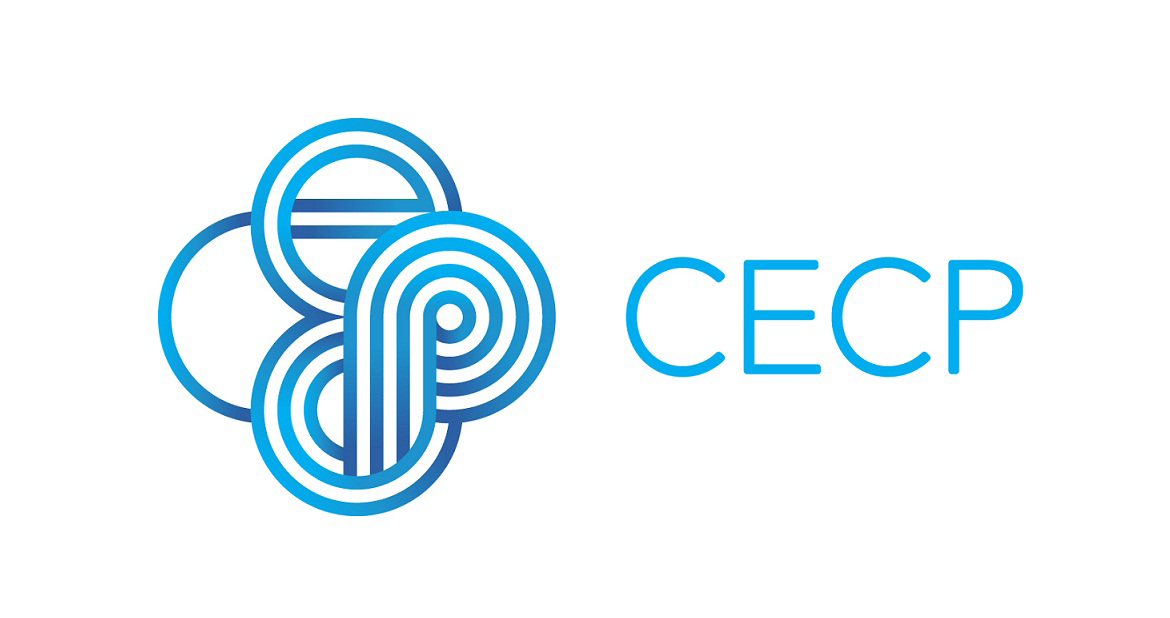CECP Report Proposes New Approach for Businesses to Solve Societal Challenges in the Coming Decade
Based on Research by McKinsey & Company
New Tool for Deciding Which Social Issue to Address: The “Issue Ripeness” Map
(3BLMedia/theCSRfeed) October 7, 2010 - Looking forward to the next decade, CECP and McKinsey & Company have embarked on several months of research into the issues and potential scenarios businesses will confront in the next decade. The result, a groundbreaking new report, “Shaping the Future: Solving Social Problems through Business Strategy,” explores the evolving relationship between business and society, forecasting that societal problems will become more complex, requiring corporate leaders to rework their business, philanthropy and community strategies. The report aims to address two key questions – first, what will the next decade look like for the world, and what are the implications for corporate involvement in solving social issues? And, second, how can corporations position themselves now to maximize their profitability as well as their societal impact?
Margaret Coady, Director of CECP, says, “This report provides today’s business leaders with an urgent vision of what business could look like in the next decade. By going beyond historic levels and models of corporate community involvement, the zero-sum tension faced by corporate executives of increasing shareholder returns and doing the right thing for society can be dissolved.”
This new report, which is available for free download at CorporatePhilanthropy.org and http://sso.mckinsey.com, is informed by interviews with over a dozen CECP member CEOs, including Marilyn Carlson Nelson, Carlson; John Hammergren, McKesson Corporation; Chad Holliday, DuPont; Klaus Kleinfeld, Alcoa; Duncan Niederauer, NYSE Euronext; Ken Powell, General Mills; Jim Rogers, Duke Energy; Jim Rohr, PNC; Ivan Seidenberg, Verizon; Bill Weldon, Johnson & Johnson; and Ron Williams, Aetna. Case studies explore initiatives at The Dow Chemical Company, GlaxoSmithKline, IBM, McDonalds, Nestle, Walmart, and Western Union, among others. Additionally, the report draws upon live poll results of 40 attending CEOs at CECP’s Board of Boards CEO Conference in New York City on February 22, 2010.
Based on McKinsey & Company’s research on global forces, the report describes five issues that will have the greatest effect on how companies engage with society, including shifting centers of economic activity away from the west, talent mismatches, global connectivity, resource constraints, and a bigger role for governments. “Shaping the Future” calls for business leaders to mitigate associated risks by looking forward to these issues and seizing opportunities for authentic engagement in society, for the benefit of both their communities and their companies. In an interview for this report, Ivan Seidenberg, chairman and CEO of Verizon, explains, “Our belief is that corporate philanthropy expands the business. If you do the right thing over time, you expand the capabilities of your customer base, business, and society.”
Businesses have the ability to apply distinctive capabilities and resources to social issues that individuals, governments, and independent-sector contributors cannot. While corporate engagement in society through foundations, pro bono service, and other forms of corporate philanthropy are not new, this report advocates for companies to leverage those unique assets in closer alignment with their corporate strategy, providing greater social impact and value to the company’s core business.
CECP9576
In an environment in which increasingly urgent and complex social issues run concurrently with limited corporate funding and other resources, how should companies decide where to focus philanthropically?
In a new report featuring research and CEO interviews conducted with McKinsey & Company titled Shaping the Future: Solving Social Problems through Business Strategy, CECP presents an “issue ripeness” map (found on page 22) to help companies decide where to engage for maximum business and social gain.

